Vladimir Putin calls it ‘the greatest geopolitical disaster of the 20th century’, a viewpoint which explains much of his recent behaviour. Few others anywhere in the world, particularly people who live around Russia’s borders, would agree that the collapse of the Soviet Union was anything to lament. From Riga to Tbilisi and from Kiev to Tashkent, Christmas Day 1991, when Mikhail Gorbachev resigned as leader of the USSR and the Red Flag was lowered from the Kremlin, remains a day to celebrate.
Already a subscriber? Log in
Subscribe for just $2 a week
Try a month of The Spectator Australia absolutely free and without commitment. Not only that but – if you choose to continue – you’ll pay just $2 a week for your first year.
- Unlimited access to spectator.com.au and app
- The weekly edition on the Spectator Australia app
- Spectator podcasts and newsletters
- Full access to spectator.co.uk
Unlock this article
Available from the Spectator Bookshop, £21. Tel: 08430 600033
You might disagree with half of it, but you’ll enjoy reading all of it. Try your first month for free, then just $2 a week for the remainder of your first year.

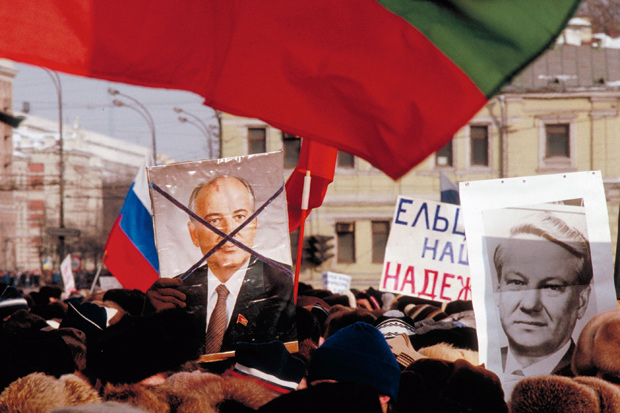
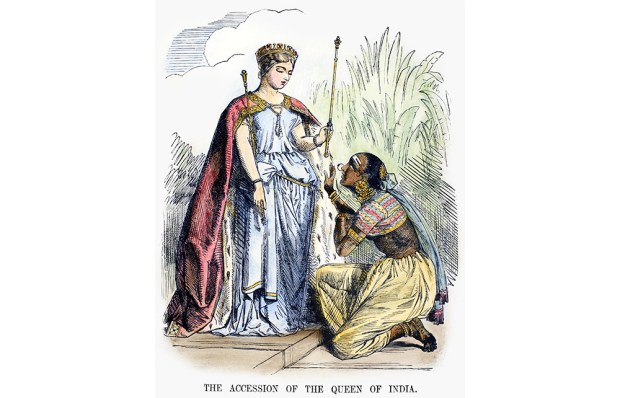
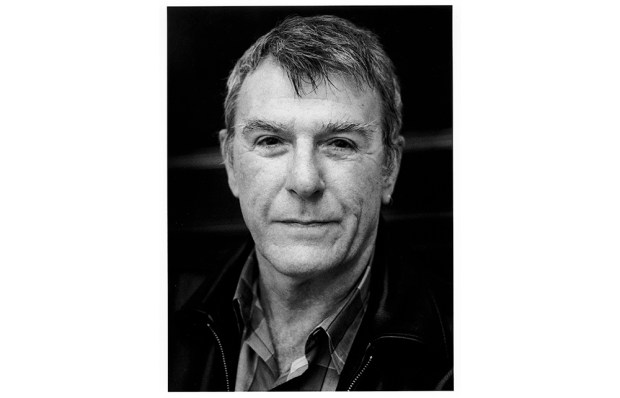
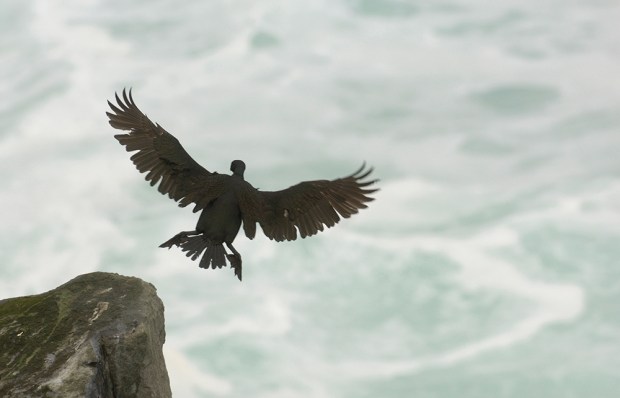
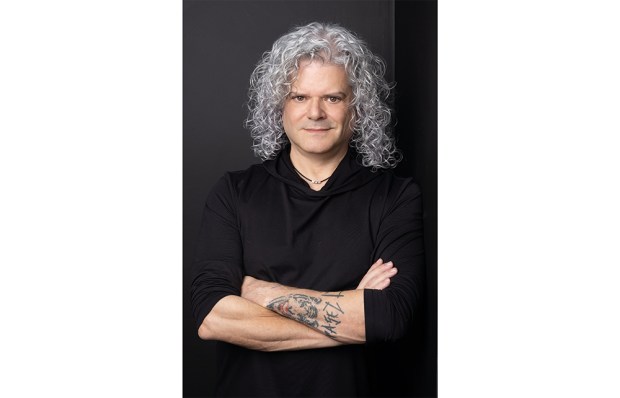

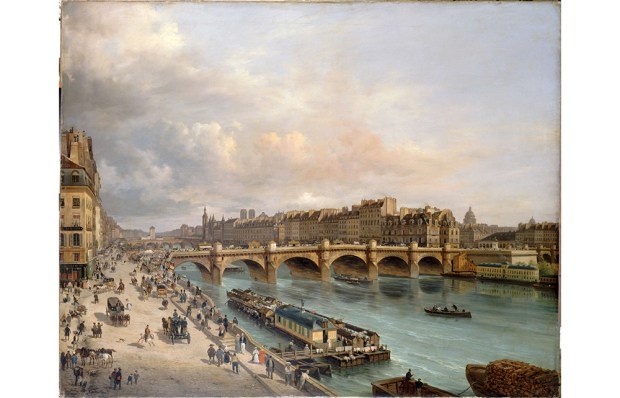






Comments
Don't miss out
Join the conversation with other Spectator Australia readers. Subscribe to leave a comment.
SUBSCRIBEAlready a subscriber? Log in